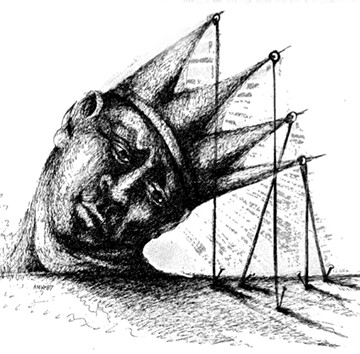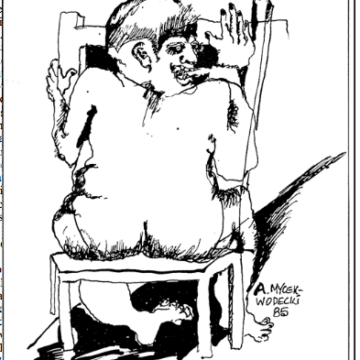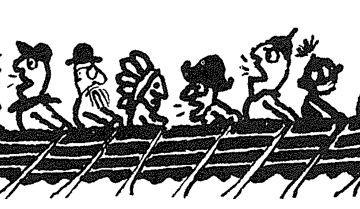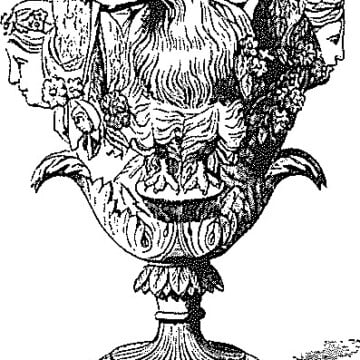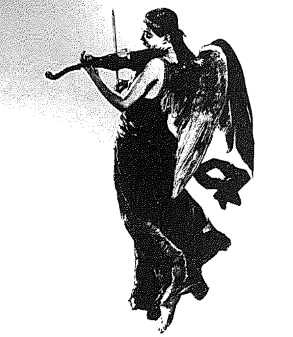Times of crisis are not distinguished by respect for rights—although, paradoxically, all revolutions claim to be mounted in the name of rights. During our War of Independence, criticism of the patriot cause was an invitation to a lynching, and Jefferson defined the Tory as “a traitor in thought, if not in deed.” In 1773 George...
Author: Otto Scott (Otto Scott)
The Conservative Counterrevolution
The term counterrevolution was always used by Lenin and his associates in a pejorative sense. In the Marxist view, since “progress” is irreversible, any gains made by the left are to be considered permanent, while any gains made by the right are to be considered temporary setbacks. The contemporary treatment of revolution and counterrevolu tion in...
The Emerson No One Knows
“At bottom, [Emerson] had no doctrine at all. . . . He was far from being, like a Plato or an Aristotle, past master in the art and the science of life.” -George Santayana The dedication of this latest biography of the individual known to earlier generations as “the Sage of Concord” is to Mohandas Karamchand Gandhi, “who...
Terrorists’ Tea Party
David Caute: Under the Skin: The Death of White Rhodesia; North-western University Press; Evanston, IL. David Caute’s book on the fall of a white government and the triumph of Mugabein Zimbabwe contains neither an index nor sources. The events it describes are almost entirely inside Rhodesia-Zimbabwe. By restricting his descriptions, Mr. Caute effectively evades mentioning...
From Nonsense to Understanding
Who Were The Fascists: Social Roots of European Fascism; Edited by Stein Ugelvik Larsen, Bernt Hagtvet, and Jan Petter Myklebust; Distributed by Columbia University Press; New York. Richard F. Hamilton: Who Voted for Hitler?; Princeton University Press; Princeton, NJ. Who Were The Fascists consists of more than 800 pages of papers (replete with notes) which...
Comment
Webster’s defines culture as a variation of the verb cultivate. It is time, therefore, for us to look at what, as a nation, we are cultivating. In our government schools, which we persist in calling “public,” students are taught that virtually any loose community can be called a society, and that the world is driven...
